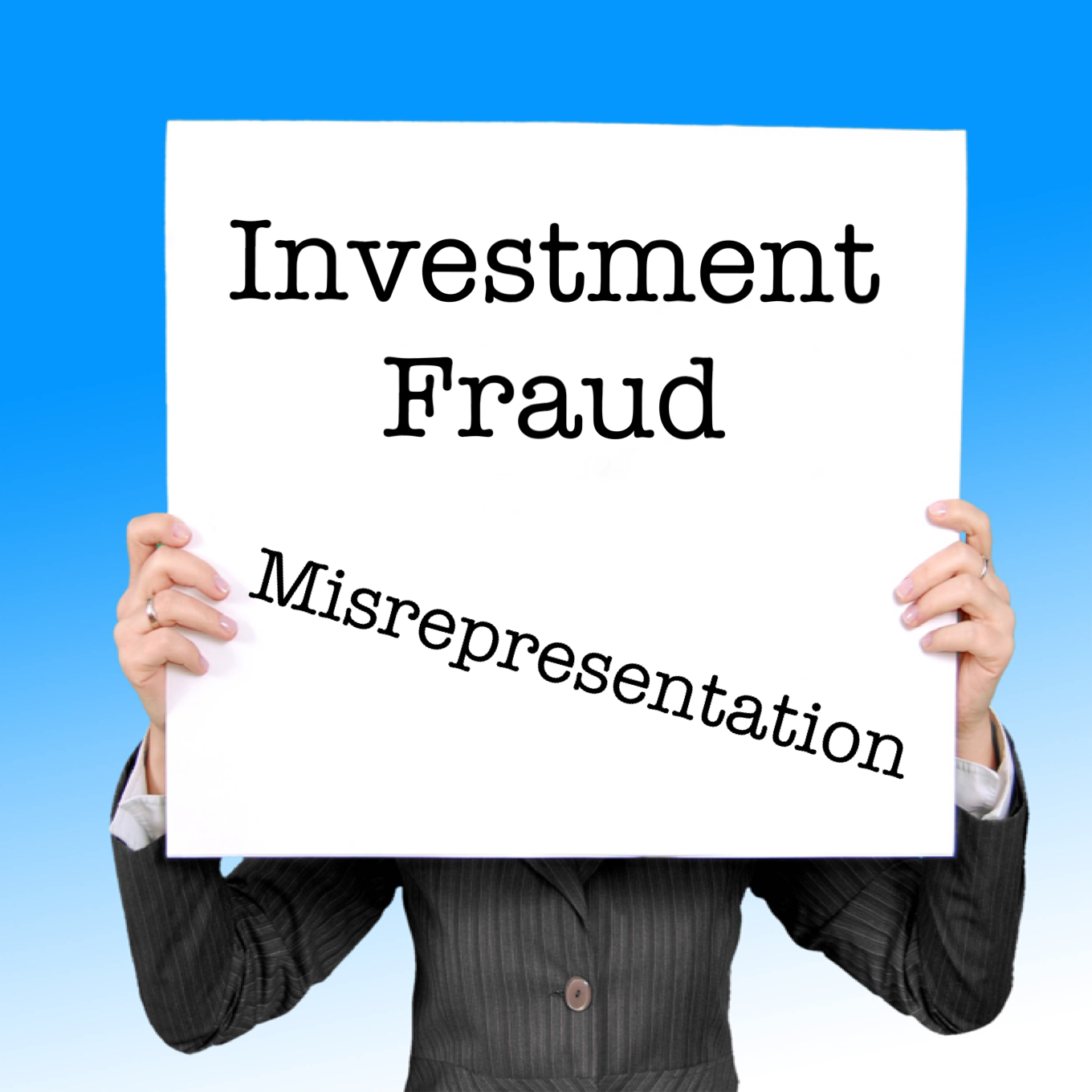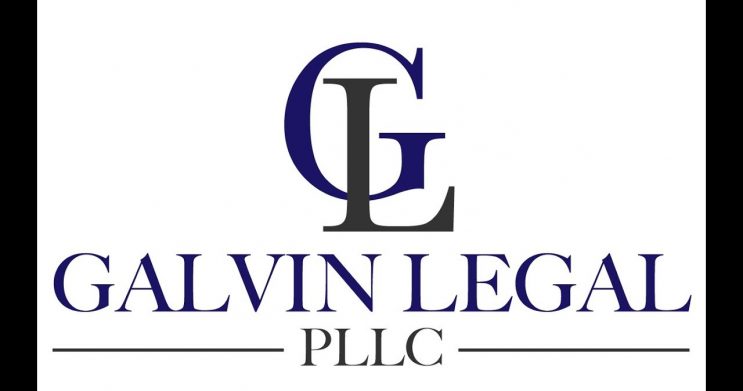What is a private placement?
 A securities offering exempt from registration with the SEC is sometimes referred to as a private placement or an unregistered offering. Under the federal securities laws, a company may not offer or sell securities unless the offering has been registered with the SEC or an exemption from registration is available.
A securities offering exempt from registration with the SEC is sometimes referred to as a private placement or an unregistered offering. Under the federal securities laws, a company may not offer or sell securities unless the offering has been registered with the SEC or an exemption from registration is available.
Generally speaking, private placements are not subject to some of the laws and regulations that are designed to protect investors, such as the comprehensive disclosure requirements that apply to registered offerings. Private and public companies engage in private placements to raise funds from investors. Hedge funds and other private funds also engage in private placements.
As an individual investor, you may be offered an opportunity to invest in an unregistered offering. You may be told that you are being given an exclusive opportunity. The opportunity may come from a broker, acquaintance, friend or relative. You may have seen an advertisement regarding the opportunity. The securities involved may be, among other things, common or preferred stock, limited partnerships interests, a membership interest in a limited liability company, or an investment product such as a note or bond. Keep in mind that private placements can be very risky and any investment may be difficult, if not virtually impossible to sell.
Unregistered offerings often can be identified by capitalized legends placed on the offering documents and on the certificates or other instruments that represent the securities. The legends will state that the offering has not been registered with the SEC and the securities have restrictions on their transfer. You should read the offering documents carefully to understand the risks involved.
What is Regulation D?
When reviewing private placement documents, you may see a reference to Regulation D. Regulation D includes three SEC rules—Rules 504, 505 and 506—that issuers often rely on to sell securities in unregistered offerings. The entity selling the securities is commonly referred to as the issuer. Each rule has specific requirements that the issuer must meet. If you have reason to believe that an unregistered offering claiming to rely on one of these rules does not satisfy the applicable requirements, consider this a red flag about the investment.
Rule 504
Rule 504 permits certain issuers to offer and sell up to $1 million of securities in any 12-month period. These securities may be sold to any number and type of investor, and the issuer is not subject to specific disclosure requirements. Generally, securities issued under Rule 504 will be restricted securities (as further explained below), unless the offering meets certain additional requirements. As a prospective investor, you should confirm with the issuer whether the securities being offered under this rule will be restricted.
Rule 505
Under Rule 505, issuers may offer and sell up to $5 million of their securities in any 12-month period. There are limits on the types of investors who may purchase the securities. The issuer may sell to an unlimited number of accredited investors, but to no more than 35 non-accredited investors. If the issuer sells its securities to non-accredited investors, the issuer must disclose certain information about itself, including its financial statements. If sales are made only to accredited investors, the issuer has discretion as to what to disclose to investors. Any information provided to accredited investors must be provided to non-accredited investors.
An individual will be considered an accredited investor if he or she: earned income that exceeded $200,000 (or $300,000 together with a spouse) in each of the prior two years, and reasonably expects the same for the current year, OR has a net worth over $1 million, either alone or together with a spouse (excluding the value of the person’s primary residence and any loans secured by the residence (up to the value of the residence)).
Rule 506
An unlimited amount of money may be raised in offerings relying on one of two possible Rule 506 exemptions. Similar to Rule 505, an issuer relying on Rule 506(b) may sell to an unlimited number of accredited investors, but to no more than 35 non-accredited investors. However, unlike Rule 505, the non-accredited investors in the offering must be financially sophisticated or, in other words, have sufficient knowledge and experience in financial and business matters to evaluate the investment. This sophistication requirement may be satisfied by having a purchaser representativefor the investor who satisfies the criteria. An investor engaging a purchaser representative should pay particular attention to any conflicts of interest the representative may have.
As with a Rule 505 offering, if non-accredited investors are involved, the issuer must disclose certain information about itself, including its financial statements. If selling only to accredited investors, the issuer has discretion as to what to disclose to investors. Any information provided to accredited investors must be provided to non-accredited investors.
What should I know about restricted securities?
Generally, most securities that you acquire in a private placement will be restricted securities. You should not expect to be able to easily and quickly resell your restricted securities. In fact, you should expect to hold the securities indefinitely.
There are two principal things to think about before buying restricted securities. The first is that unless you have made arrangements with the issuer to resell your restricted securities as part of a registered offering, you will need to comply with an exemption from registration to resell. One rule commonly relied upon to resell requires you to hold the restricted securities for at least a year if the company does not file periodic reports (such as annual and quarterly reports) with the SEC. You may wish to hire an attorney to help you comply with the legal requirements to resell restricted securities. Issuers may require a legal opinion that you satisfy an exemption to resell your restricted securities.
The second thing to think about is whether they are easy to sell. This issue primarily affects the sale of restricted securities in private companies. Information about a private company is not typically available to the public, and a private company may not provide information to you or your buyer. The restricted status of your securities may also transfer to your buyer. For these reasons, it may be difficult to attract buyers.
In addition to these considerations, specific contractual restrictions that you may enter into when investing may prevent you from freely transferring the securities.
What else should I know?
Despite not being subject to the same disclosure obligations as registered offerings, private placements are subject to the antifraud provisions of the federal securities laws. Any information provided must be true and may not omit any material facts necessary to prevent the statements made from being misleading. You should be aware that it may be difficult or impossible to recover the money you invest in an offering that turns out to be fraudulent. In addition, even though the offering may be exempt from SEC registration, the offering may have to separately comply with state securities laws, including state registration requirements or a state exemption from registration.
Background check. It is always a good idea to check on the background of an investment professional. It is easy and free. Details of an investment professional’s background and qualifications are available through the Investment Adviser Public Disclosure website and FINRA’s BrokerCheck.


